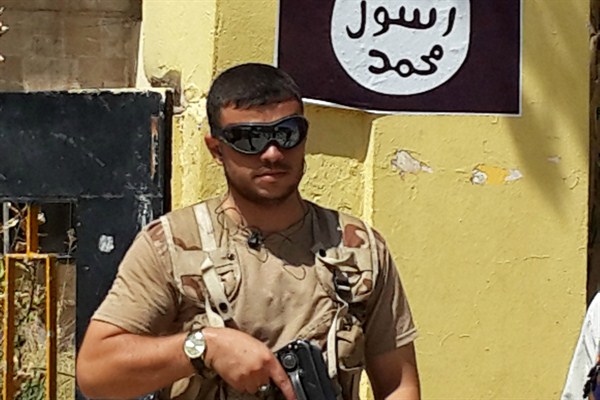For Islamic extremists, particularly the most angry and violent ones, al-Qaida is yesterday's news. From Yemen to Africa, fighters are leaving al-Qaida-affiliated groups and joining the ultra-radical and violent movement now known as the Islamic State. This gives some worrisome hints about the future of extremism in the Islamic world.
The ascendance of the Islamic State, initially known as the Islamic State of Iraq and Syria (ISIS), is due in part to al-Qaida's failures. Over the years much of the funding al-Qaida used to energize and stoke militant movements was cut off or dried up. Pummeled by the United States and its allies, al-Qaida's leaders hunkered down in a desperate and sometimes futile attempt to stay alive or avoid capture. The best they could do was to push out an occasional manifesto or vainglorious video. Hidden deep in Pakistan's tribal areas, al-Qaida's leaders lost touch with the new generation of militants that saw the group’s ideas and ideology as "stale, tired, and ineffectual." Al-Qaida’s focus on the "far enemy," as it called the United States, rather than on the Islamic governments that it called the "near enemy" backfired: Rather than deterring the United States through terrorism or insurgency as planned, Osama bin Laden and his cohorts inflamed American passions and brought destruction to their organization.
The Islamic State, under the leadership of a militant known as Abu Bakr al-Baghdadi, adroitly filled the vacuum left by al-Qaida's stumbling. It proved skilled at appealing to angry young Muslims though social media and was better than al-Qaida at generating its own resources, thus avoiding one of the vulnerabilities of bin Laden's group. The Islamic State's extreme violence proved a powerful recruitment tool for sociopaths willing to kill and die. In this sense, the Islamic State was more attuned to the modern world where only shrill radicalism attracts attention. Moderation and patience are boring, particularly to impassioned young militants hungry for attention. The Islamic State instinctively understood this, exploiting the brutality pioneered by Abu Musab al-Zarqawi, perhaps the most pathological of bin Laden's followers.

